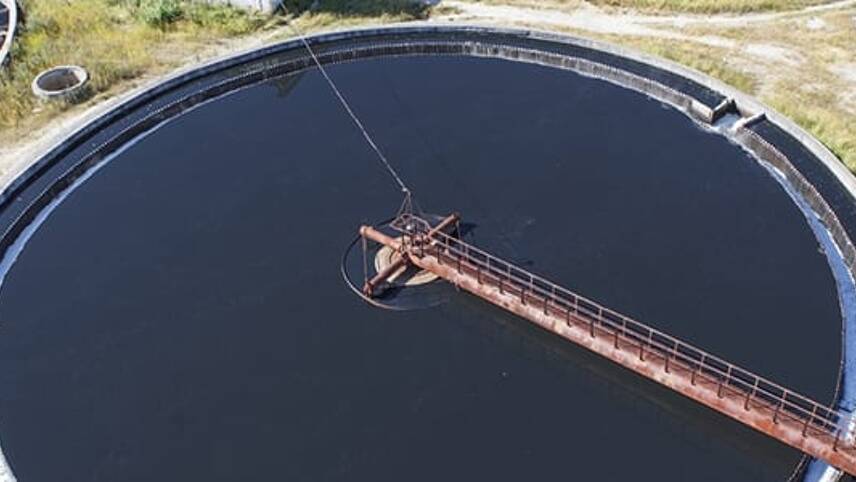You’ve reached your limit!
To continue enjoying Utility Week Innovate, brought to you in association with Utility Week Live or gain unlimited Utility Week site access choose the option that applies to you below:
Register to access Utility Week Innovate
- Get the latest insight on frontline business challenges
- Receive specialist sector newsletters to keep you informed
- Access our Utility Week Innovate content for free
- Join us in bringing collaborative innovation to life at Utility Week Live

Severn Trent has begun work to create low-carbon, low-polluting fuels for heating from food waste.
The company’s waste division Severn Trent Green Power partnered with CPL Industries, a smokeless fuel manufacturer, to utilise hydrothermal carbonisation (HTC) processing to prevent by-products from SVT’s processing being sent to waste plants.
SVT Green Power processes more than 400,000 tonnes of food waste a year, the majority of which is converted into green gas and electricity via anaerobic digestion.
Leftovers are recycled into fertiliser but there remains a hard to break down by-product that will now be processed by CPL to create renewable fuels.
SVT Green Power is exploring how to reach 10,000 tonnes of by-product, which CPL could process into 3,000 tonnes of renewable fuels.
CPL said the HTC process offers a solution for digestate remaining from the anaerobic digestion process, a significant issue with the government setting out ambitions for a major upscaling of anaerobic digestion technology to meet the net-zero challenge.
Tim Minett, chief executive of CPL Industries said: “Through our partnership with Severn Trent Green Power there is the potential to produce 3,000 tonnes of renewable fuels per annum, but we have ambitions to go further. As a technology, HTC is very adaptable in working across a range of inputs, and we are currently exploring additional routes beyond food waste such as clothing. There are millions of homes, both off and on the gas grid, as well as businesses that are burning solid fuels. Innovations like this provide a green and conscious-free route forward for users.”
The HTC manufacturing process, which supports the development of a circular economy, emits 15kg of carbon dioxide per tonne of fuel produced.
Forthcoming legislative changes will ban the highest polluting solid fuels from being burnt by homes and gardens including coal, wet wood and sulphur fuels from 1 May.
CPL said the HTC fuels can be used domestically as a smokeless heat source, as well as in district heating schemes and off-grid businesses.
“It is important to recognise there is a future for clean solid fuels in the UK as part of the solution to net-zero and delivering improved air quality,” Minett said.
“Society and the economy will continue to produce waste that is all too often destined for landfill. The government must develop a clear strategy for a circular economy that provides the benefits of reducing waste going into landfill, making the country more self-sufficient, as well as tackling net-zero.”




Please login or Register to leave a comment.